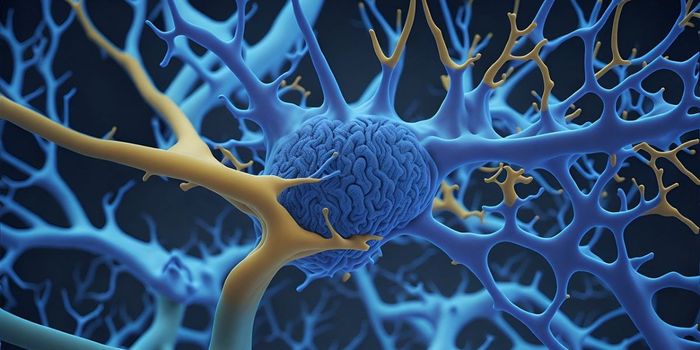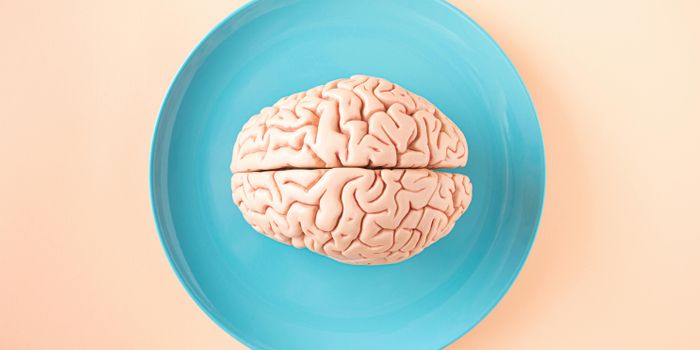How Playing the Drums Changes Your Brain
Playing music is associated with a range of neurological benefits from maintaining and improving cognitive abilities to promoting neuroplasticity, and preventing neurodegenerative diseases such as dementia. Now, researchers from Ruhr-University Bochum in Germany have uncovered the neurological benefits of playing the drums.
Although the neurological effects of playing musical instruments in general have long been known, no one had previously studied the neurological benefits for drummers specifically. Lara Schlaffke, lead author of the study, says, “Most people can only perform fine motor tasks with one hand and have problems playing different rhythms with both hands at the same time...Drummers can do things that are impossible for untrained people.” And that makes lessons such as those offered at MidderMusic, essential for developing the required skills.
In particular, Schlaffke and her team wanted to understand how playing the drums affected the organization of complex motor processes in the brain. To do so, they recruited 20 professional drummers with an average of 17 years experience playing the instrument, who also practiced playing for more than 10 hours per week. Meanwhile, for the control group the researchers recruited 24 people without any prior musical aptitude. Asking each participant to play the drums, the researchers then used MRI imaging techniques to visualize both how their brains functioned, and their structures.
Among their findings, they found that the experienced drummers had fewer but thicker fibres in the front part of their corpus callosum, part of the brain that connects the right and left brain hemispheres, and is key for motor planning. The researchers thus concluded that these thicker fibres allowed the drummers to communicate information between hemispheres at a faster rate than the controls. The researchers also found that the thicker the fibres in the corpus callosum; the better the drumming performance across all of the participants.
More than this, they also found that the brains of the drummers showed less activity in areas dedicated to motor tasks than those of the control subjects during their performances. Known as ‘sparse sampling’, the researchers concluded that more efficient brain organization in the experienced drummers meant that these areas of the brain were activated less.
Sources: Science Daily, Scientific American and Wiley Online Library









